A look into Kennedy’s assassination – Ellie Hewes
Over the weekend, I watched Oliver Stone’s 1991 film called ‘JFK’, which examines the events leading up to US President John F. Kennedy’s assassination, including some of the conspiracy theories. Though the film was challenging to follow at points, it fueled my interest.

On 22nd November 1963, Kennedy was fatally wounded and pronounced dead at 13:00. A bullet had pierced the base of his neck and exited through his throat. The President had been travelling with his wife and Vice-President, Johnson on a two-day, five-city fund-raising trip to Texas.
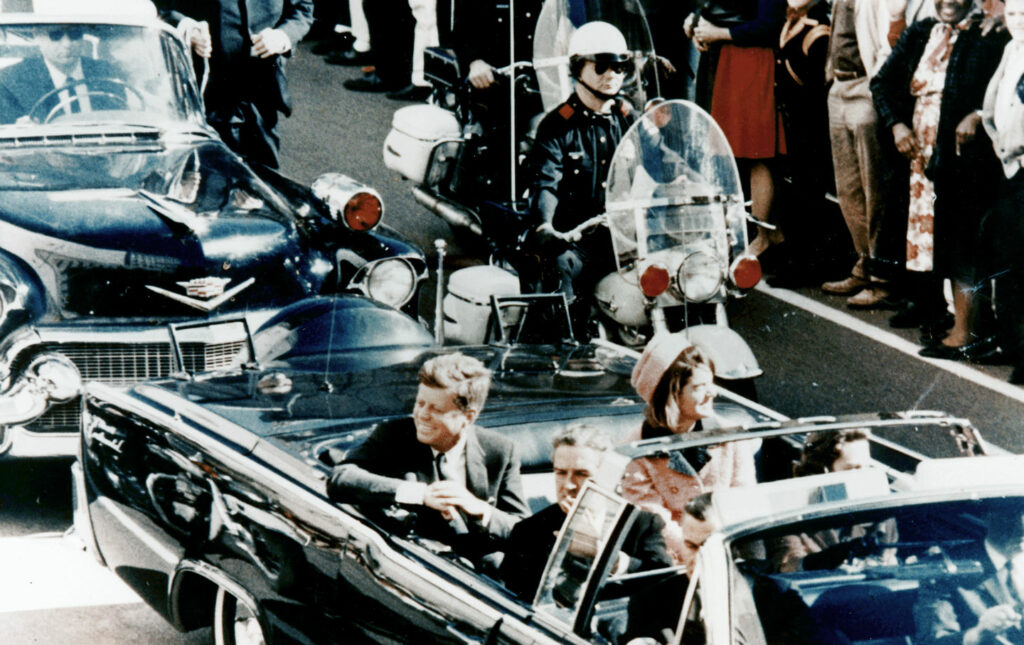
Whilst the news of the President’s death spread across the globe, the capture of the alleged assassin took place. This assassin was called Lee Harvey Oswald, a former US Marine, who had lived in the Soviet Union, before moving back to Dallas, Texas in 1962. His rifle had been found on the sixth floor of the Texas School Book Depository (where the bullets were shot from) and he was believed to have been there 30 minutes before the assassination. He was also encountered by a policeman and the superintendent of the building moments after the shooting. Found by another policeman, Oswald promptly murdered him and was later arrested. Questioned later on, Oswald proclaimed his innocence and a few days later, he was shot by Jack Ruby while he transferred to another prison.
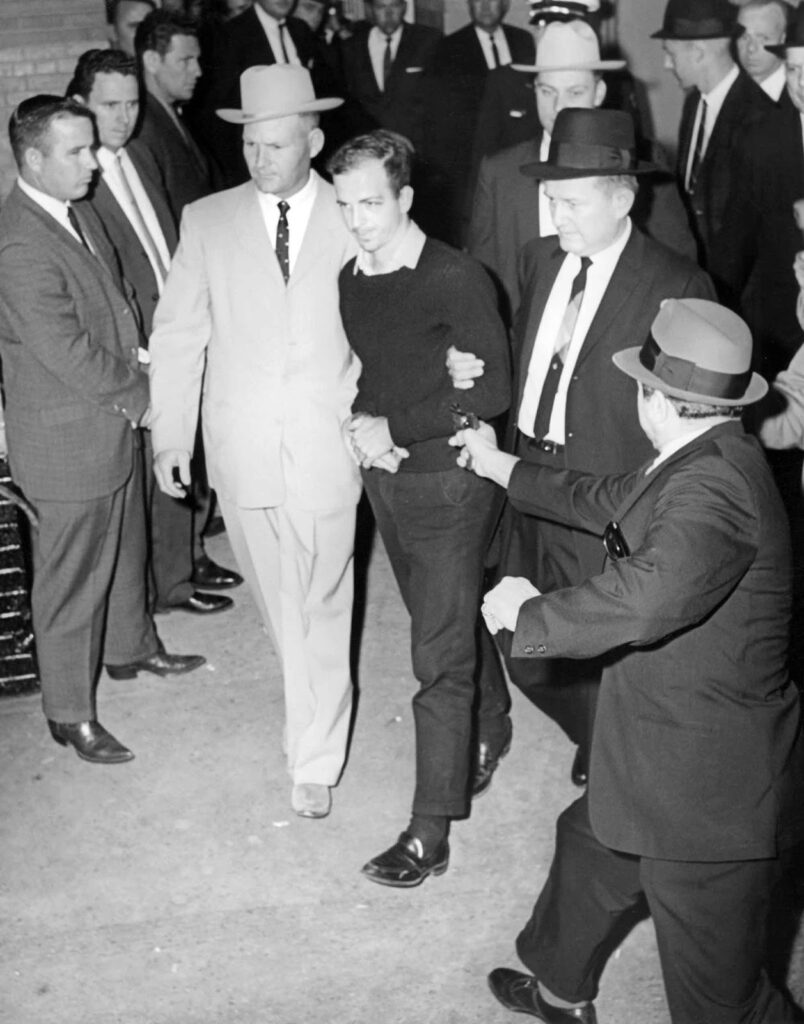
Vice-President Johnson became convinced that a conspiracy was at the root of the assassination and this was a way by Cuba and the Soviet Union to try and destabilize the US government. On 29th November, the Warren Commission was established. They were tasked with ascertaining, evaluating and reporting the facts regarding Oswald’s participation in Kennedy’s assassination. After nearly a year of investigation, looking at FBI reports, hearing witness statements, looking at Kennedy’s autopsy and exploring the footage of the assassination, they found that Oswald had acted alone. However, some questioned their findings and posited various conspiracy theories.
Cuba is central to many of the conspiracy theories. At the time of Kennedy’s death, the Cold War had reached its climax with the Cuban Missile Crisis. Many Americans believed that the Cuban government was responsible. They believed it may have been a retaliatory act, as there was information which stated that the CIA were willing to attempt to assassinate their Communist leader, Fidel Castro. However, Castro argued that they would not have assassinated Kennedy as such an act would have led to a US counterattack which he would not have been able to cope with. Nonetheless, many believed that Castro had been involved, which was further suggested when the CIA found out that Oswald had made a trip in late September 1963 to Mexico City, where he stayed, trying to repeatedly contact the Cuban and Soviet consulates.
Other conspiracy theories have linked the assassination to anti-Castro groups, who were angry at Kennedy for his decision to withhold military support for the Bay of Pigs invasion. They believe that Oswald was acting on behalf of the pro-Castro Fair Play for Cuba Committee in New Orleans, who he had met with on many occasions.
However, one of the most developed theories (which is cited in the film) is pushed by Jim Garrison, who was the district attorney of New Orleans. He alleged that the anti-Castro and anticommunist elements of the CIA worked behind the scenes with Oswald to stage the assassination. It also involved a group of New Orleans anticommunists, including businessman Clay Shaw, private detective and former FBI agent, Guy Banister and David Ferrie. The case was brought to trial, however both Banister and Ferrie had died by then and Shaw was found not guilty. Many believed that the CIA thought that Kennedy was not tough enough on the Communists and his decision to withhold American military support at the failed Bay of Pigs invasion is also another reason cited as to why the CIA were believed to dislike him.
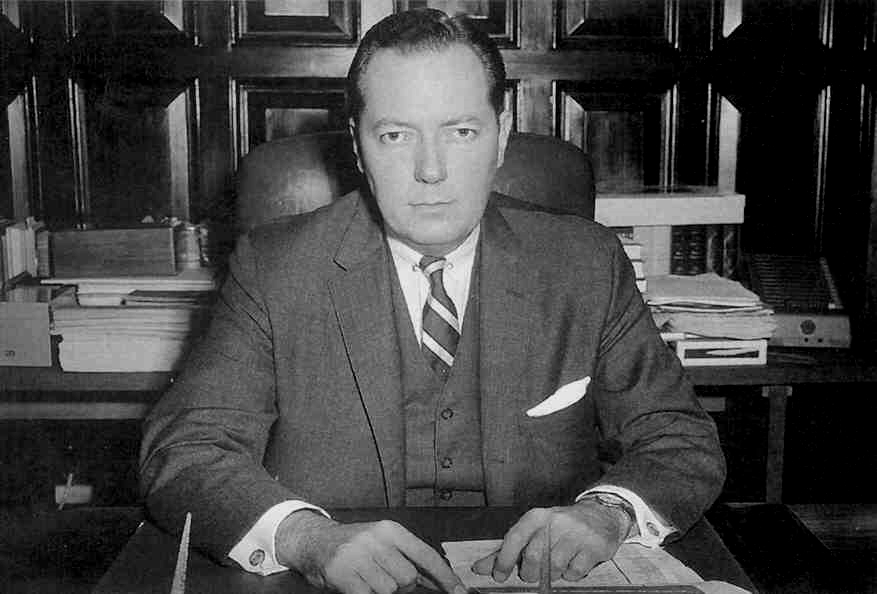
Perhaps one of the most radical conspiracy theories is that which asserts that Vice-President Johnson was at the center of the assassination, in order to assume power. A former CIA agent E. Howard Hunt Jr. claimed that Johnson had ordered the CIA agents to kill Kennedy.
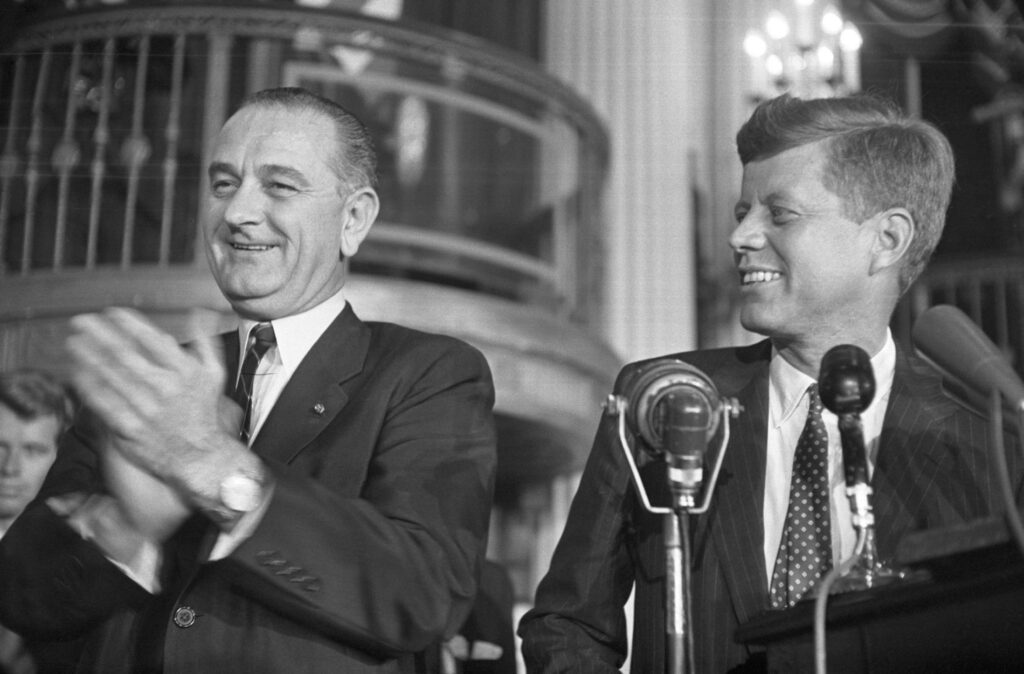
The assassination of President Kennedy is still being explored today and new findings are being investigated. I think what I find so interesting about not only this assassination, but also others, is the fact that usually it is an ordinary person who tries to kill one of the most important people in their country, and in Kennedy’s case, the world. Due to the nature of the film I watched, I would be inclined to argue that the CIA helped to stage the offensive (however, I understand that this is due to the bias of the film). If you are interested in this topic, why not watch the film? It is a challenging watch, and it lasts for more than three hours, however I think it is really important to learn about such events, particularly when this event took place at a time when the world was on the brink of another world war.

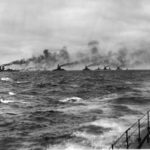
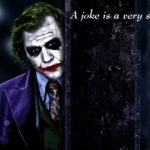
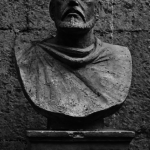
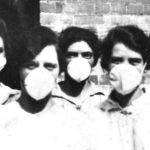










Post Comment
You must be logged in to post a comment.